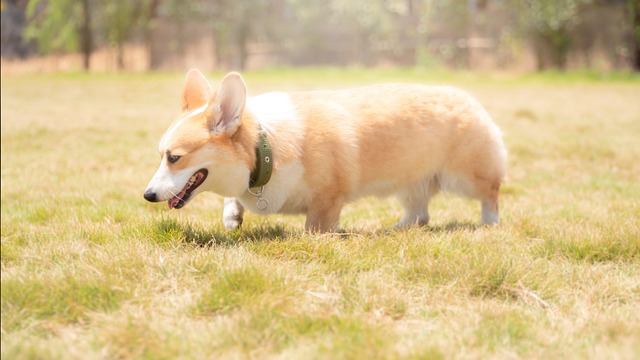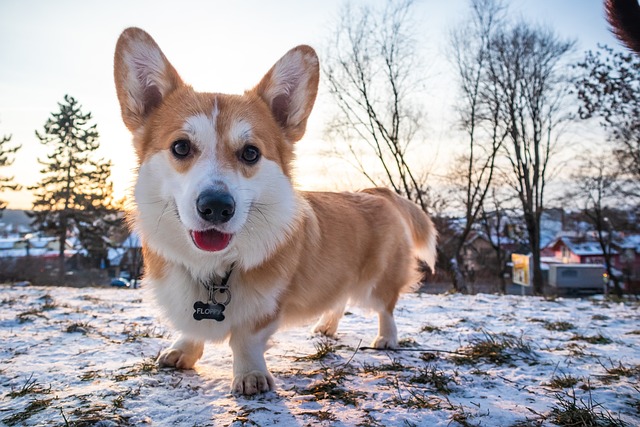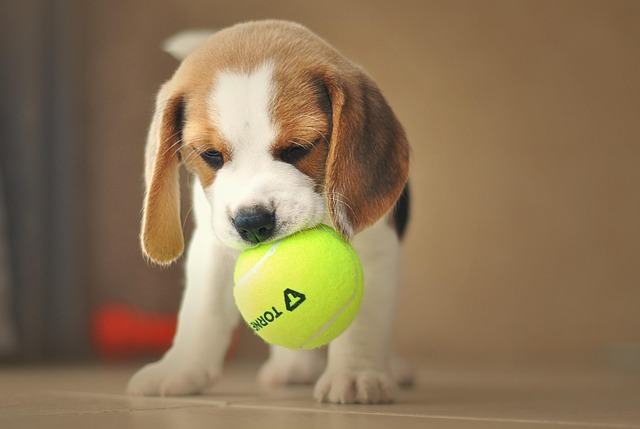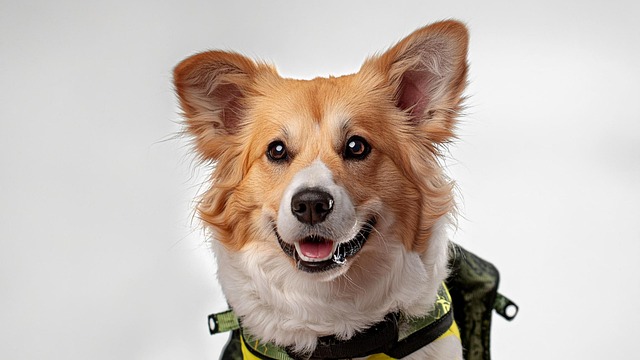
Do cooling bandanas really work for dogs
I’ll start with a relatable scenario of a new owner struggling to keep their dog cool in hot weather, then explain how cooling bandanas work (and their limits) using science
I stood in my friend Lena’s Seattle apartment last weekend, watching her stare at a cart full of dog toys online—her 8-week-old Chihuahua mix, Mochi, curled in her lap, oblivious to the chaos. “I pick her up tomorrow, but I have no idea what to buy. What do first time dog owners need to not mess this up?” Lena asked, scrolling frantically. If you’re a new U.S. dog owner gearing up for your pup’s arrival, the answer isn’t a closet full of gadgets—it’s 5 practical essentials, plus know-how for rules and bonding, that set you both up for calm, not stress.
To understand what first time dog owners need, start with why “cute” doesn’t equal “necessary.” Lena’s vet, Dr. Patel, explained that puppies (and adult dogs) thrive on routine and safety, not novelty. Their brains are wired to seek security—so a stable bed, consistent food, and clear boundaries matter more than a sparkly collar. Unlike experienced owners, first-timers often overlook “invisible” needs: legal paperwork, waste supplies, and training tools that prevent bad habits before they start. Mochi, coming from a shelter, would need familiar comfort to adjust—new owners who skip basics risk anxiety (for both pup and human). Scolding a dog for accidents (like Lena worried she might do) violates U.S. animal welfare standards; puppies can’t control their bladders yet—prep beats punishment.
Here’s what first time dog owners need, using Lena’s checklist that made Mochi’s homecoming smooth: First, safety and comfort basics (non-negotiables). A size-appropriate crate (not too big—Mochi’s crate has a bed and toy, so she sees it as a den, not a prison) and a harness (softer than collars for tiny necks) top the list. Lena picked a waterproof bed for her apartment floor (easy to clean accidents) and her vet-recommended kibble (no sudden food changes to avoid diarrhea). Second, legal and waste supplies (stay compliant). She printed Mochi’s rabies vaccine records (mandatory nationwide, and Seattle requires a city pet license for $25). For waste, she bought biodegradable poop bags (carried in a pouch on walks—fines start at $125 for leaving messes) and a puppy pee pad holder for indoor training. Third, training and bonding tools (positive reinforcement wins). Freeze-dried chicken treats (tiny, so Mochi can swallow fast during “sit” practice) and a soft brush (grooming builds trust) were key. Lena avoided shock collars or spray bottles—Dr. Patel stressed punishment breaks trust, while treats teach Mochi what to do, not what to avoid.

For apartment living and community life, add these pro tips: Keep a “puppy kit” by the door—poop bags, treats, and a leash—so you never rush out unprepared. Mochi’s crate goes in Lena’s living room (not a closet—she needs to feel part of the family). When walking, stick to quiet hours (avoid 7–9 a.m. and 5–7 p.m. to not disturb neighbors) and reward Mochi for sitting when passing strangers (great etiquette). Join a local puppy class—Lena met other first-timers, and Mochi learned to play nicely (vets often recommend classes, but require up-to-date shots first).
Three days later, Lena texted me a photo: Mochi napping in her crate, surrounded by toys, while Lena works nearby. What do first time dog owners need? For Lena and Mochi, it was basics, patience, and rules. For you, it’s about prepping for safety, following laws, and using treats (not scolds) to bond. You don’t need perfection—just the right tools to make your pup feel home.

I’ll start with a relatable scenario of a new owner struggling to keep their dog cool in hot weather, then explain how cooling bandanas work (and their limits) using science

Proper nutrition for a dog isn’t just about filling a bowl—it’s about matching their body’s needs to their age, size, and energy level.

I sat across from my friend Mia in her Denver kitchen last month, her 13-year-old Golden Retriever, Charlie, curled at her feet—slowly blinking, occasionally forgetting where his water bowl was.

I’ll start with a relatable scenario of a new owner struggling to pet their dog comfortably, explain the canine sensory and trust-based reasons behind proper petting

Most new dog owners start with small, everyday questions—and figuring out how many times a day to feed their pup is one of the most common.

Securing your dog while camping isn't just about convenience—it's about safety in an environment filled with unfamiliar dangers.